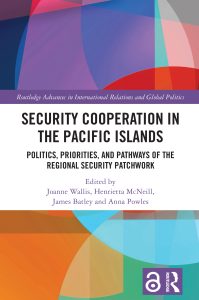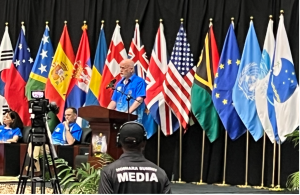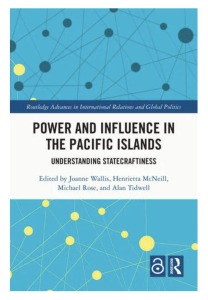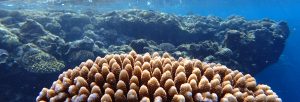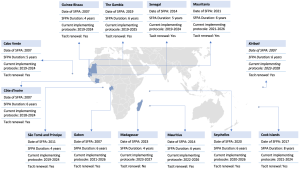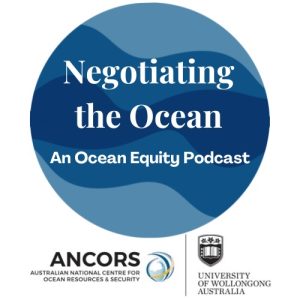
‘Negotiating the Ocean’, Launch of new ANCORS Ocean Equity Podcast
Episode 1 of ‘Negotiating the Ocean’ explores the idea of Ocean Equity and how it can be applied to the high-level international talks governing and managing the ocean and its resources. We meet ANCORS researchers who work on different aspects of Ocean Equity, including fisheries, climate change, pollution, deep sea mining, renewable energy, and more.
